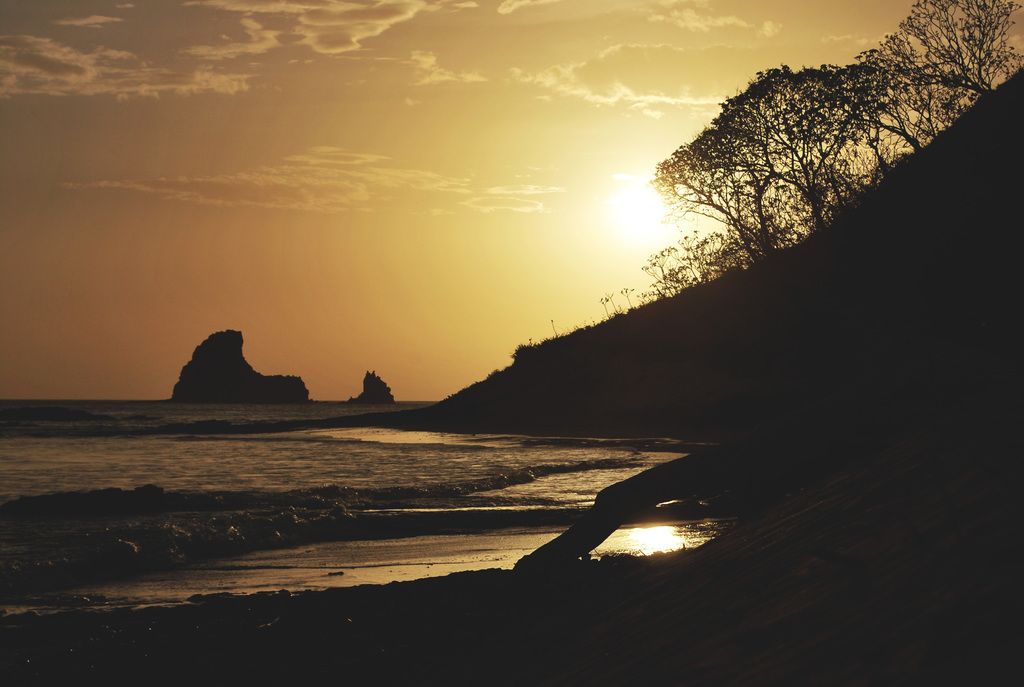Protecting Your Balcony Power Plant and Yourself: Navigating Insurance Coverage
Which law enforcement agencies are responsible for various duties?
What happens when your balcony power plant takes a hit during a storm, or even worse, causes harm to the building or injures people? Who coughs up the cash? Let's take a look:
Building Damage and Personal Injury
民間責任保険 (Private Liability Insurance) often has you covered when it comes to damages caused by your balcony power plant, but confirm with your insurer to be certain. Here's what's usually protected:
- Property Damage (common area, rental property): Say your balcony power plant causes a ruckus and damages your shared spaces or rental units, the insurer's got your back.
- Personal Injury: Injuries sustained due to your balcony power plant? No worries, that's on the insurer too!
- Third-Party Liability Claims: Accidents happen, but if others claim damages caused by your balcony power plant, your insurer should step in.
Just keep in mind, intentionally caused damages aren't covered.
Consumer Tip: The Consumer Center Rhineland-Palatinate advises you to double-check with your insurer about damages to the home's electrical installation, as these might not be covered by the standard insurance policy.
Solar System Damage
The home contents insurance typically takes care of damages to the plug-in solar device itself, but only after November 2023. As always, check your insurance contract or get in touch with your insurer to make sure. Commonly covered damages include:
- Hail, Fire, Storm damage: Nature's anger rearing its head? No worries, your insurance will help restore your solar system.
- Overvoltage caused by a lightning strike: Lightning strikes can do a number on your solar system, but fear not, your insurance provider will help handle the repair costs.
Additionally, an electronics insurance policy, when purchased along with your home contents insurance, also safeguards against intentional destruction caused by third parties, operating errors, or construction defects, according to the Federation of Insureds.
Keep in mind, intentional damage isn't covered by either policy.
Insurance Insights:
- General Liability Insurance typically covers property damage and personal injuries arising from solar installations, but specialized insurance policies, like equipment insurance, might be required for full protection of your solar panels against theft, damage, or destruction.[1][3]
- Homeowners Insurance might cover rooftop solar panels, but it's likely limited to specific events (e.g., theft, certain damages) and may not provide comprehensive coverage for wear and tear or accidental damage.[5]
- A separate solar panel insurance policy or an insurance package specifically designed for solar installations can offer complete protection against damage and downtime, as well as protection against specific weather-related events.[5]
Economic and social policy concerning home insurance should address the coverage of damages related to balcony power plants, as they are now being widely adopted. This coverage can extend to financial protection for both property damage (such as shared spaces, rental properties, and the solar system itself) and personal injuries that may occur due to these power plants. Finance-related discussions should also consider insurance policies, like general liability insurance, equipment insurance, and electronics insurance, to provide comprehensive coverage for solar installations against theft, damage, or destruction.







